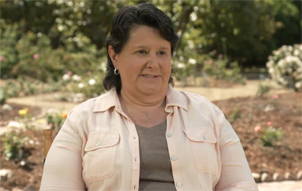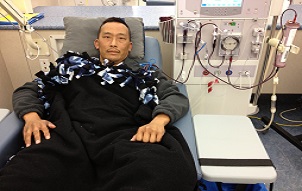The transplant recipient’s insurance will cover your general expenses as a donor, such as the evaluation, surgery, and limited follow-up tests and medical appointments.
However, the recipient’s insurance may not cover follow-up services for you if medical problems occur from the donation. Your own insurance may not cover these expenses either. The recipient’s insurance coverage usually does not include transportation, lodging, long distance phone calls, childcare, or lost wages.
You should talk about any financial concerns with the transplant center staff. They may have resources available for you. Also, consider contacting the National Living Donor Assistance Center at 703.414.1600 or LivingDonorAssistance.org. This service may be able to provide financial help for travel, lodging, meals, and other non-medical expenses connected with your evaluation, surgery, and follow-up services (within 90 days after the donation).
Transplant centers must turn in follow-up forms on living donors for two years after the donation surgery. It is important to ask your transplant team about payment for follow-up care. The center and the recipient’s insurance may not cover these costs.
Some transplant candidates have Medicare, which may provide coverage for donors who have donation-related complications. For more information, contact Medicare by phone at 1.800.633.4227 or at www.medicare.gov (TTY users can call 1.877.486.2048). Talk with your transplant center about medical and disability insurance that provides coverage for problems that may occur from the donation. Some centers may provide these services free of charge, while others may offer them for purchase.
Source: UNOS Living Donation
Work Compensation
California state law, SB 1304 (DeSaulnier, 2010) requires employers of any business that employs 15 or more to provide up to 30 days of paid leave for organ donation and permit employees to return to the same position or an equivalent position. Check your employer’s policy for details.




